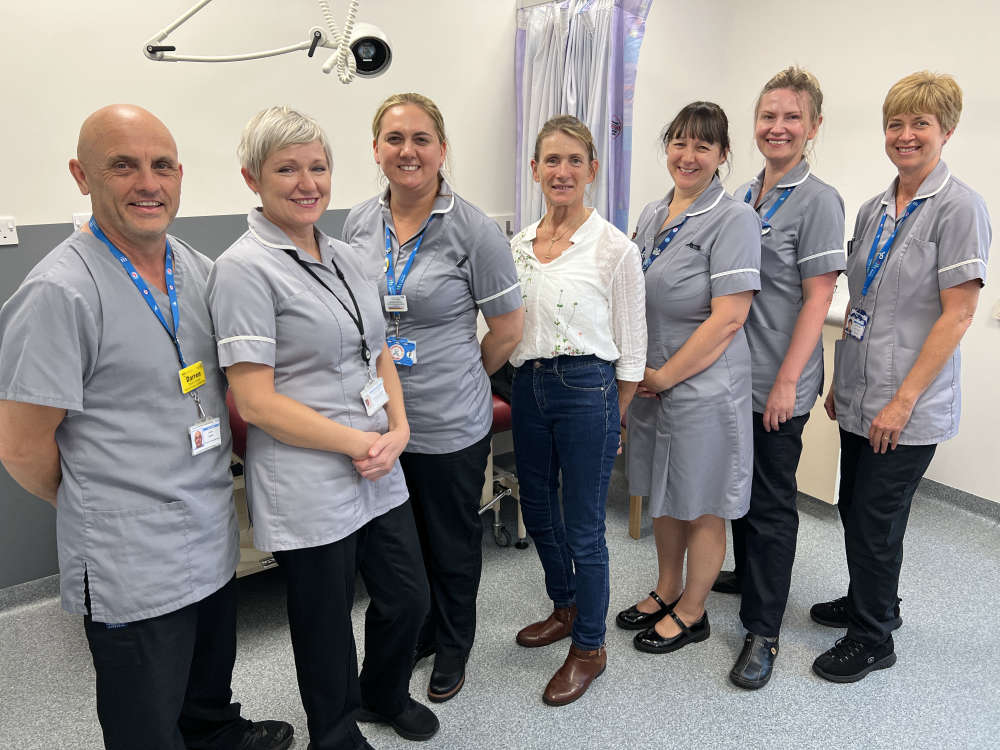
Patients at University Hospitals of North Midlands (UHNM) with advanced Parkinson’s are benefitting from a new life-changing treatment which involves wearing a portable device 24 hours a day.
The treatment, called Produodopa, uses a small, automatic pump to release medicine around the clock and help manage patient’s symptoms with fewer side effects.
Produodopa, a combination of two drugs, foslevodopa and foscarbidopa, is now available to certain eligible patients with advanced Parkinson’s who are experiencing movement-related symptoms and are no longer responding to oral medications.
It works by turning foslevodopa into the chemical dopamine, which helps transmit messages between the parts of the brain and nerves that control movement, helping to manage Parkinson’s symptoms, such as excessive movement or freezing. This new device is completely portable, with the infusions taking place under the skin. There is also the option of a manual boost if needed.
Jackie Barnes, Parkinsons Nurse Specialist at UHNM said: “Many Parkinson’s patients currently take large numbers of tablets to control their symptoms, sometimes more than 20 a day, which can be difficult to maintain. Patients taking medication this way can also report of peaks and troughs as well as other side effects associated with their medications, all whilst trying to manage their Parkinson’s symptoms.
“This new therapy will offer a vital new option to patients at UHNM who aren’t suitable for other treatments such as deep brain stimulation and apomorphine infusions, helping them to manage their symptoms and improve their quality of life.”
Parkinson’s disease is a progressive neurological condition in which parts of the brain become damaged over many years.
UHNM has a team of 4 full-time and 2 part time Parkinson’s Nurse Specialists who manage a caseload of around 2,500 patients from across Staffordshire and South Cheshire.
Helen Jackson was the first patient to receive Produodopa at UHNM.
The 54-year-old from Holmes Chapel said: “I was diagnosed with Parkinson’s when I was 40. I thought I’d trapped a nerve in my shoulder or my arm, so went to the doctors who referred me to the neurologist who diagnosed it.
“It was a shock, and I felt gutted. It felt strange, almost as if it was happening to somebody else. It’s a funny disease which is different for everybody. It changes and is difficult to keep up with sometimes, but everything in life carries on.”
Speaking about their experiences, Helen’s husband John said: “It started off with just a tremor and cogwheeling, which didn’t really affect us much. But over the 14 years since diagnosis, all the other symptoms have started to progress. Whilst the drugs Helen has been taking have been really good, over time she’s had to take more and more, and we’re at the stage now where they aren’t working anymore, or they’re running out before the next dose is due. We’re hoping we’ll see a big difference with this new drug.”
Helen said: “The care at UHNM has been absolutely brilliant the team have been fantastic. They’re always there at the end of the phone and just know what’s going on You go through life having to explain yourself sometimes, but they just seem to know already.
“I don’t think I’d fully understood that I was going to be the first patient to receive this new treatment at UHNM. But I’d seen the benefits of it online and was chuffed I was going to get the chance. The closer it’s got, the more I’ve realised what the benefits are and I’m over the moon.”
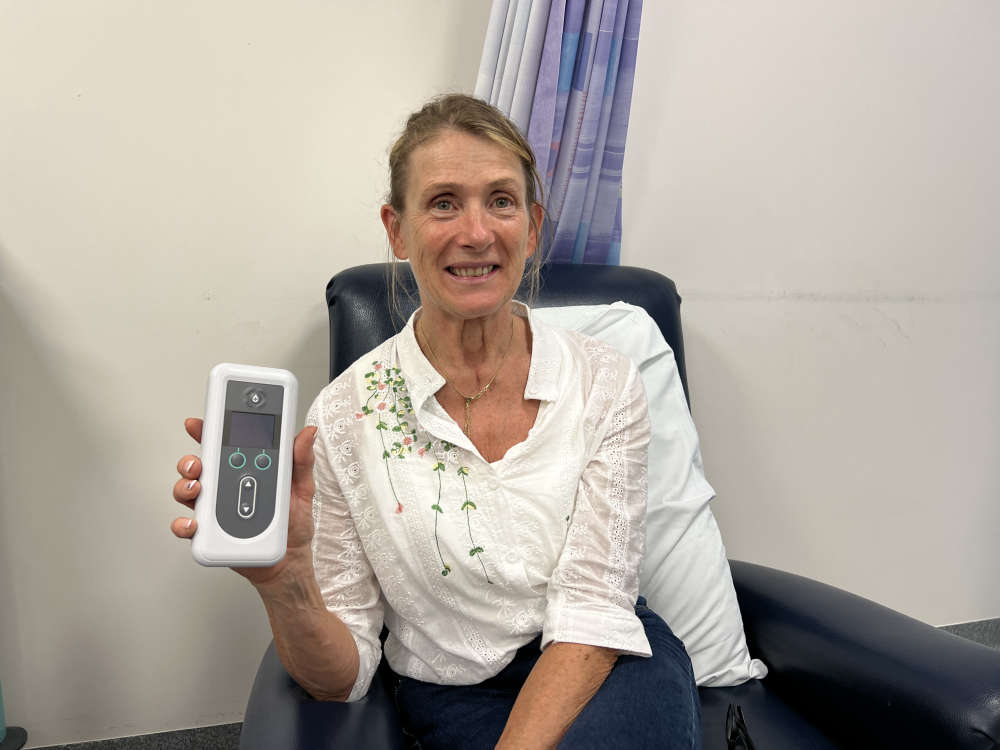
pic: Helen Jackson with her portable device
Jackie Barnes said: “Our Parkinson’s nurses and consultants will be working closely together to identify and treat as many patients as possible with the drug. Eligible patients will firstly come into the Royal Stoke to use the machine until they feel comfortable to carry on their treatment at home. They’ll then be supported by phone and regular follow-up appointments.
“It’s a massive thing for our patients and their loved ones, and really exciting for us to finally be able to offer something like this at UHNM that can change people’s lives.”
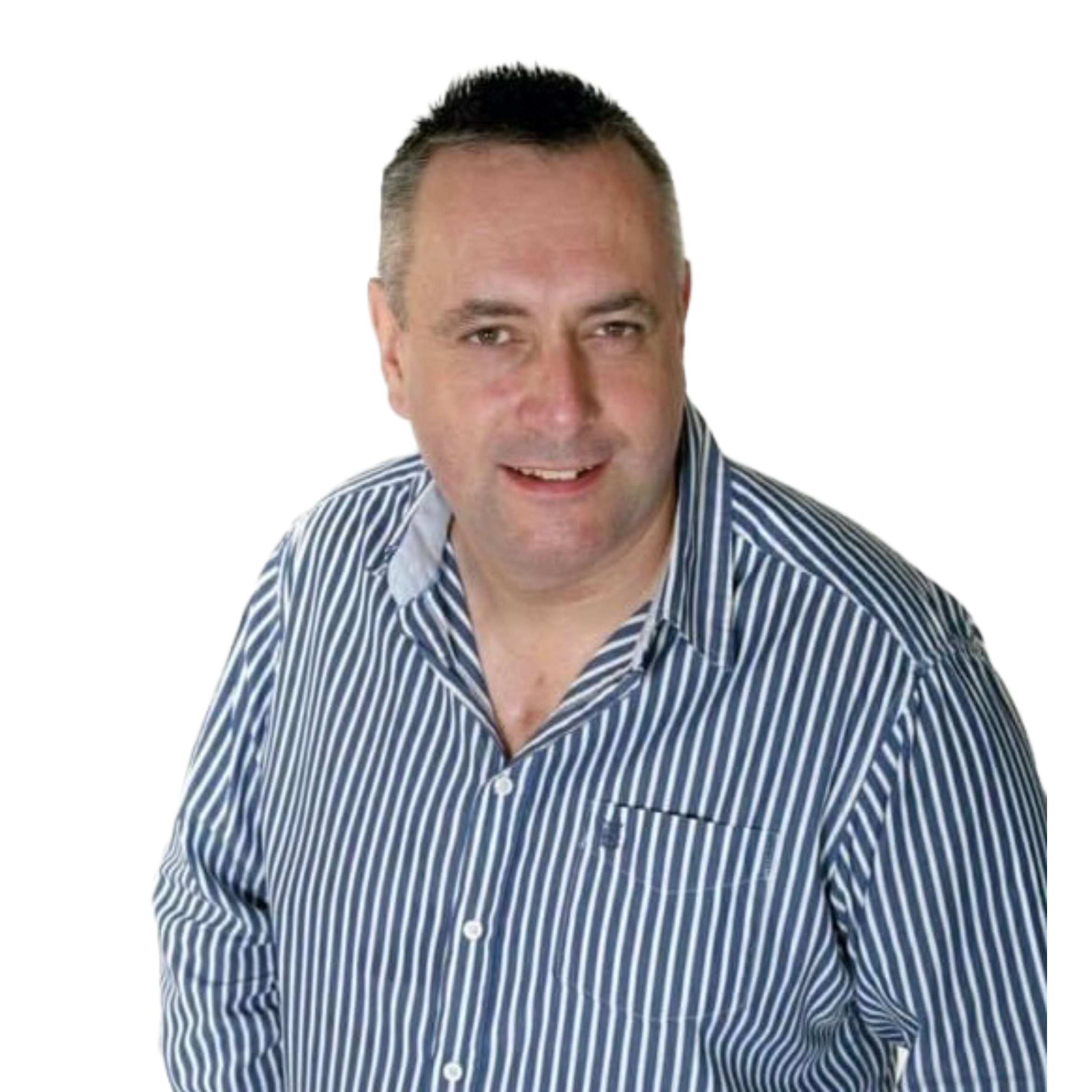
 Sleeping Beauty Review: Cast shine in stunning panto performance
Sleeping Beauty Review: Cast shine in stunning panto performance
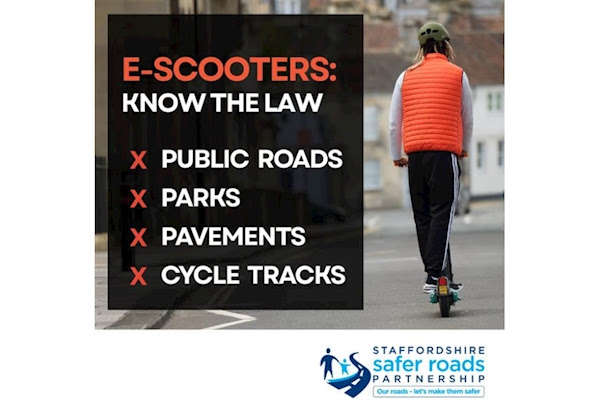 Thinking of buying an e-scooter this Christmas?
Thinking of buying an e-scooter this Christmas?
 Residents urged to check Christmas bin collection changes
Residents urged to check Christmas bin collection changes
 Changing trains: CrossCountry reminds customers of upcoming timetable change
Changing trains: CrossCountry reminds customers of upcoming timetable change
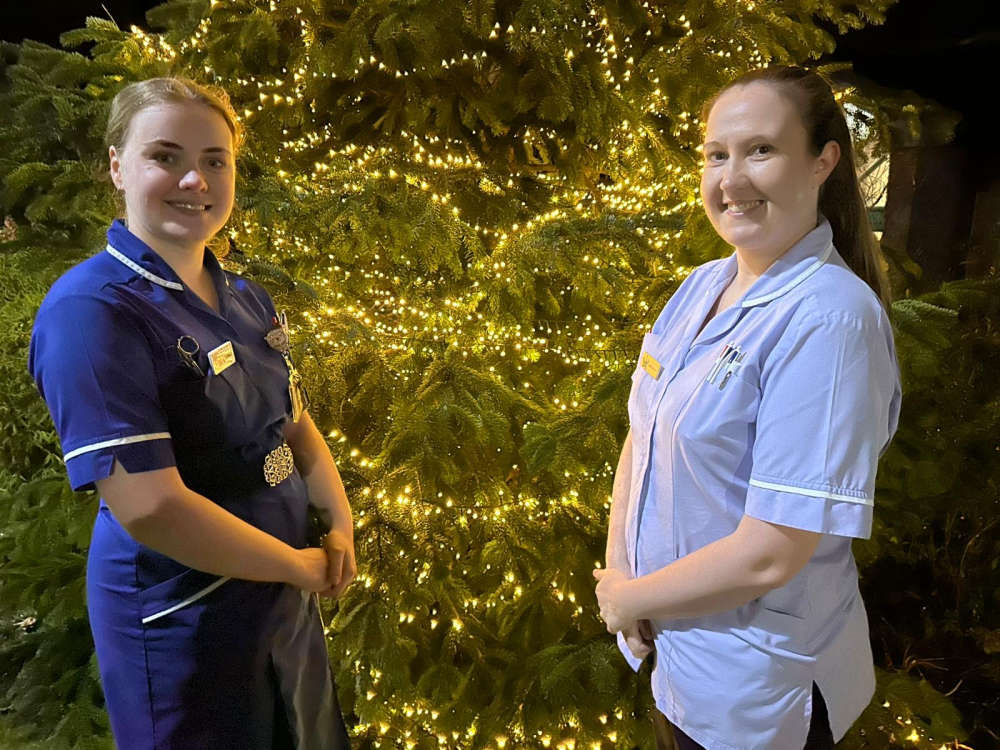 Community unites for charity Light up a Life service
Community unites for charity Light up a Life service